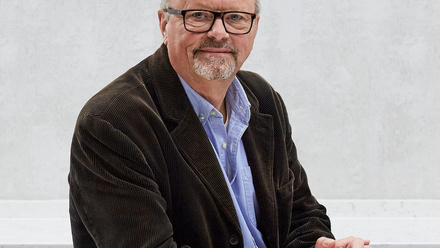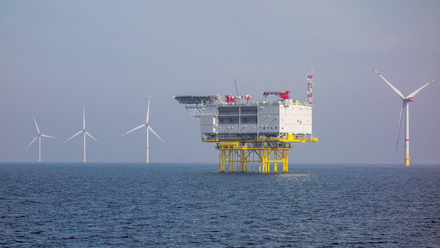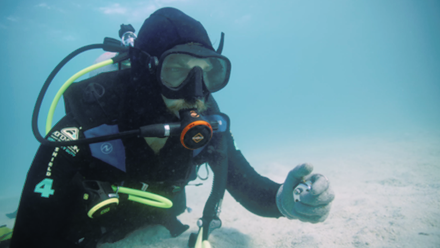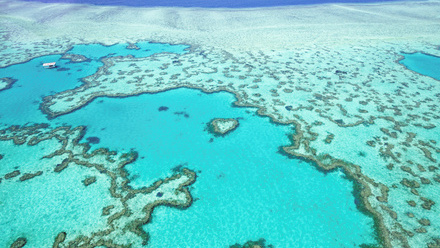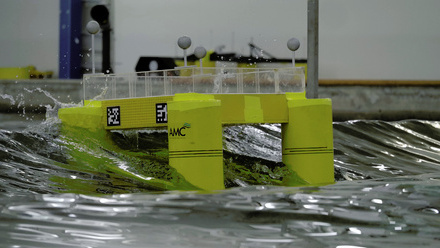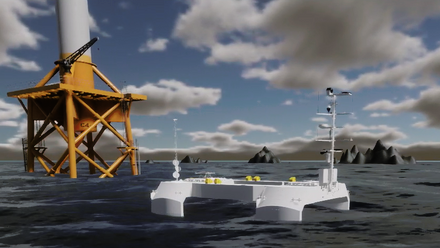Scientists and engineers must collaborate to secure the future of our oceans
Earlier this year, the IMarEST partnered with Cefas in the UK to help deliver the Future Ocean 25, a conference held to coincide with key international and UK environmental milestones, and mark the mid-point of the UN Decade of Ocean Science. The event brought together leading marine science, evidence and advice (SEA) providers and users to accelerate the transformation of science into actionable policy, supporting sustainable growth while balancing the needs of society and nature.
Long-time IMarEST member and conference organiser E. E. Manuel Nicolaus reports back.
At Future Ocean 25, four sessions were convened to explore solutions for a sustainable marine future. And this year we were delighted to explore how engineers and scientists can better work together as part of the proceedings. At Cefas, we are predominantly scientists, but we understand that engineers often make our ideas a reality, and that we need to ensure we are talking to each other more.
The conference’s opening session set the tone by calling for systems-level thinking. Marine challenges are not isolated, but span ecological, technological, and societal spheres. Areas as diverse as managing marine protected areas, restoring seagrass beds, ensuring we secure our food supply, or deploying offshore wind farms, all need to be developed across the disciplines.
In the Clean Energy session, which I helped lead and which was co-convened by the IMarEST, we tackled the challenge of balancing the UK’s Net Zero ambitions with marine conservation. Offshore wind is fundamental to the energy transition in the UK, but its use must be balanced with biodiversity protection and other ocean uses.
And, importantly, it is an area where science and engineering collide. Reconciling society’s need for clean energy with the sustainable management of aquatic environments presents significant challenges. For instance, it’s essential to mitigate the impacts of energy infrastructure on biodiversity, address pollution, and balance competing land and water uses.
The panel, hosted by Caroline Allison from the IMarEST and my Cefas colleague Dr Michaela Schratzburger, was predominantly made up of engineers. The first panel comprised of Professor Deborah Greaves OBE FREng (University of Plymouth), Jennifer Gomez Molina (Vattenfall) and Professor Feargal Brennan (University of Strathclyde), who discussed energy transition. Followed by a second panel on marine spatial planning including Olivia Thomas (The Crown Estate), Chloe Meacher (Defra) and Dr Keith Cooper (Cefas).
Their perspective was invaluable. As scientists, we strive to use evidence to inform spatial planning and regulatory frameworks, whilst engineers are designing infrastructure that must be ecologically sensitive and future-proof. The idea of co-locating marine activities sparked debate, but all agreed that early engagement and shared objectives are key to success.
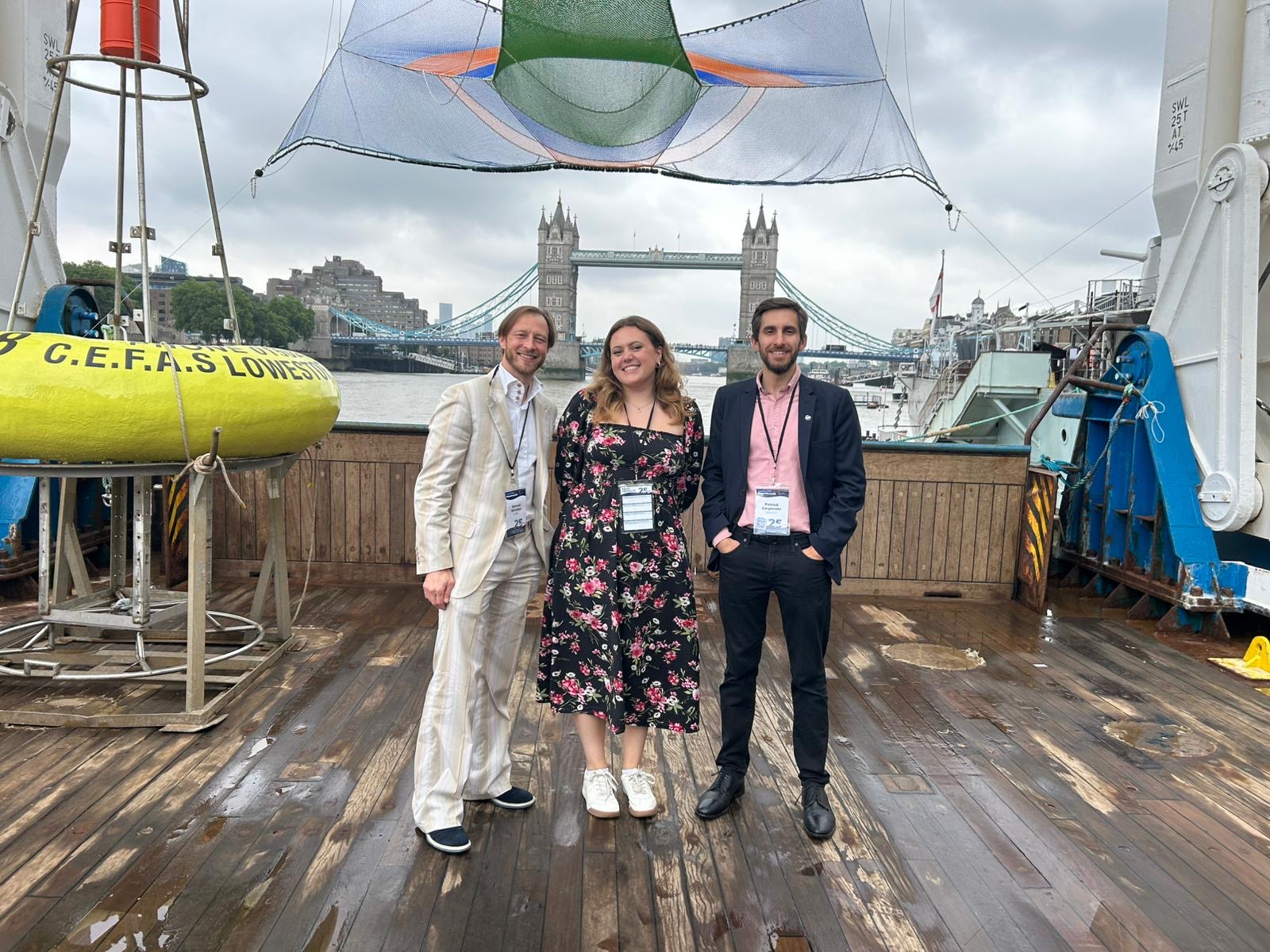
Manuel Nicolaus with the IMarEST's Caroline Allison and Patrick Carpenter (left to right)
Data as a Bridge
One of the most powerful enablers of collaboration is data. Future Ocean 25 highlighted the urgent need for standardised data systems that support evidence-based decision-making. Data must be accessible and comparable, as well as relevant to the user.
We need to understand what it is that other users need to make this a reality. The conference agreed that only then can we create systems that improve marine management and accelerate innovation.
Inclusive Governance and Community Engagement
The conference also highlighted the importance of inclusive governance, with participants agreeing that solutions must be co-created with communities, engage with stakeholders early, listen to diverse perspectives, and build trust through transparency and empathy.
The Aspiration to Action workshop on ethnic diversity in marine science was another reminder that collaboration must include lived experience and social equity. Inclusive recruitment and mentorship are essential to building a marine science community that reflects the society it serves.
A Call to Collaborate
My involvement in Future Ocean 25 has reminded me that I need to continue to reach out to engineers so I can understand how their innovations and constraints shape solutions that are ecologically sound.
As an IMarEST member, I am also aware that I am part of a global, marine community that includes incredibly diverse expertise and experiences. So, let’s build a future where collaboration is the foundation of ocean stewardship. The challenges are complex, but together, we are more than capable of meeting them.

